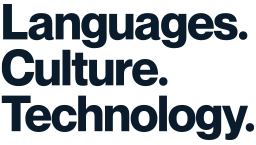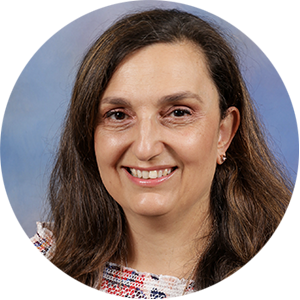Global Citizenship in Libraries and Through Texts – Where does it fit, connect and extend to?
We sat down with Raffaela Grasso, a Primary Teacher Librarian and eLearning Leader, and discussed what Global Citizenship means to her and how educators can support its development in libraries and across classrooms.
Meg: What does Global Citizenship mean to you?
RG: Being a global citizen connects to my mantra ‘leave the space, place and environment in the same or better way for the next inhabitants, be it human, creatures or nature.’
My actions, in both my personal and professional life, as well as being a role model for my students and my own daughters, is to highlight that we are but one small part of a global world – our actions, words and behaviour can help or hinder the world, people and environment around us. By being a positive global citizen, I am always mindful that my actions can help model a deeper awareness that every action can have a reaction, either a positive or negative impact on those around us, be it human, creature or environmental.
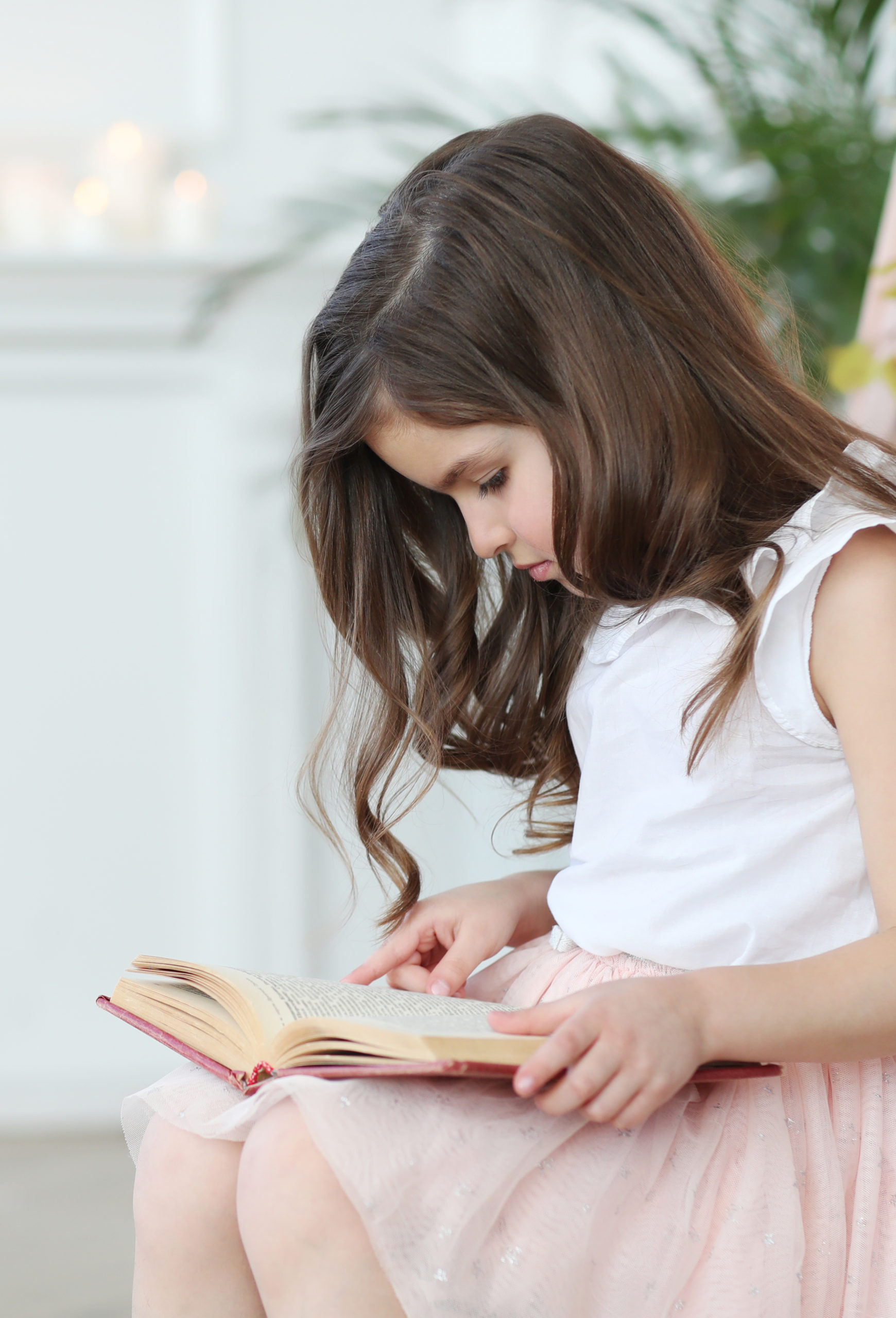
Meg: How do you believe that literature, both fiction and nonfiction, can foster Global Citizenship in students?
RG: The place of literature, from a very early age, can instil in children the importance of developing a sense of the world they are part of by acting as mirrors and windows. Seeing those like themselves and their actions in texts (through mirrors) and seeing the world around them (through windows).
Fiction texts enable the reader to take themselves out of their world into the world of imaginary places, filled with words, actions and language that promotes imagination and creativity. The importance of nonfiction texts brings the world to the reader, particularly from a young age. It develops young minds to gain a greater sense of what is real, is an introduction to cause & effect, and helps students to develop a greater awareness that they are but one part of this incredible world they live in. It helps them understand how actions, both positive and negative, impact our precious world.
Meg: With digital technologies being such a large part of what libraries offer, both in resources and in skill development, how do you see these being linked to Global Citizenship?
RG: Students come to school with awareness and an introduction to so many digital tools and devices, however, navigating them to be used in a safe, respectful and responsible manner is what educators work hand in hand with parents/guardians to instil.
Library staff go one step further and support students to develop skills using digital tools and devices to navigate through the wealth of information available at their fingertips. Libraries guide students to become skilled at searching, locating, evaluating and presenting information that is accurate. They also help students develop skills locating information that is from reputable sources and curating or paraphrasing it and showing respect for others’ work by acknowledging and crediting original sources. This displays Digital Citizenship by demonstrating awareness of how to use the information presented, yet acknowledging the original creator. These Digital Citizenship skills form the basis for which students can then use digital technologies to become positive Global Citizens.
Further details related to Digital Citizenship can be explored here.
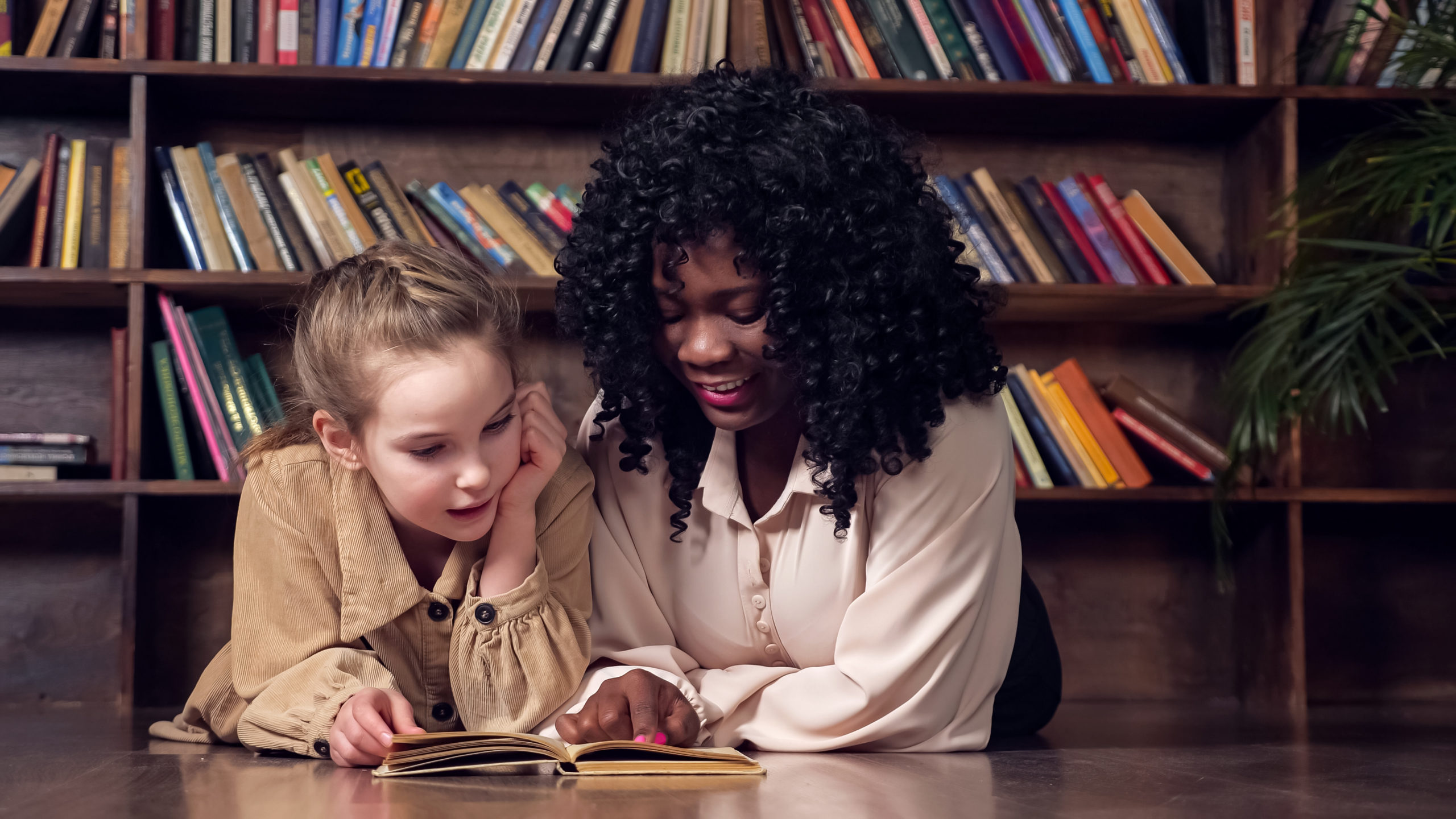
Meg: ‘Taking action’ is generally considered the fourth dimension of Global Citizenship. While libraries are a great place to learn about the world, how can they support students to ‘take action’?
RG: Being a respectful Digital Citizen provides students with the scaffolded knowledge and skills to use digital tools and resources, even from a young age, to make informed decisions related to global issues, to develop critical thinking skills when presented with ‘information’ that looks reputable and accurate, but might be totally incorrect or biased, such as the online (fake) ‘campaign’ a group of librarians put together “to help save the Endangered North-West Pacific Tree Octopus from extinction”.
Resources such as this Tree Octopus is one that has been curated by librarians for use in upper primary / lower secondary school library sessions to develop these critical thinking skills when sourcing information and assisting students to develop skills in fact checking, authenticity of reputable online resources to avoid students being disillusioned when coming across factually incorrect or non-authentic campaigns, petitions and online forums.
Through the regular modelling of critical thinking steps taken when locating information related to actionable tasks, Library staff actively provide a valuable model to guide students and staff in their search for information to support causes that they have a passion or desire to develop an awareness of.
As Library staff, we are continually reminding students to use digital resources safely and responsibly, to be critical in their use of digital resources by providing numerous opportunities to develop their digital citizenship skills. With the aim of enabling students to make informed choices and actions towards campaigns that they feel a deep connection to.
Meg: What are some of the best resources you’ve come across that develop GC in students in Primary and Secondary school?
RG: When looking at ways of developing Global Citizenship awareness in collaboration with Digital Citizenship, skills can be greatly enhanced in collaboration with a teacher-librarian who can support by curating resources, both print and digital to enhance student learning opportunities. Here are some great resources:
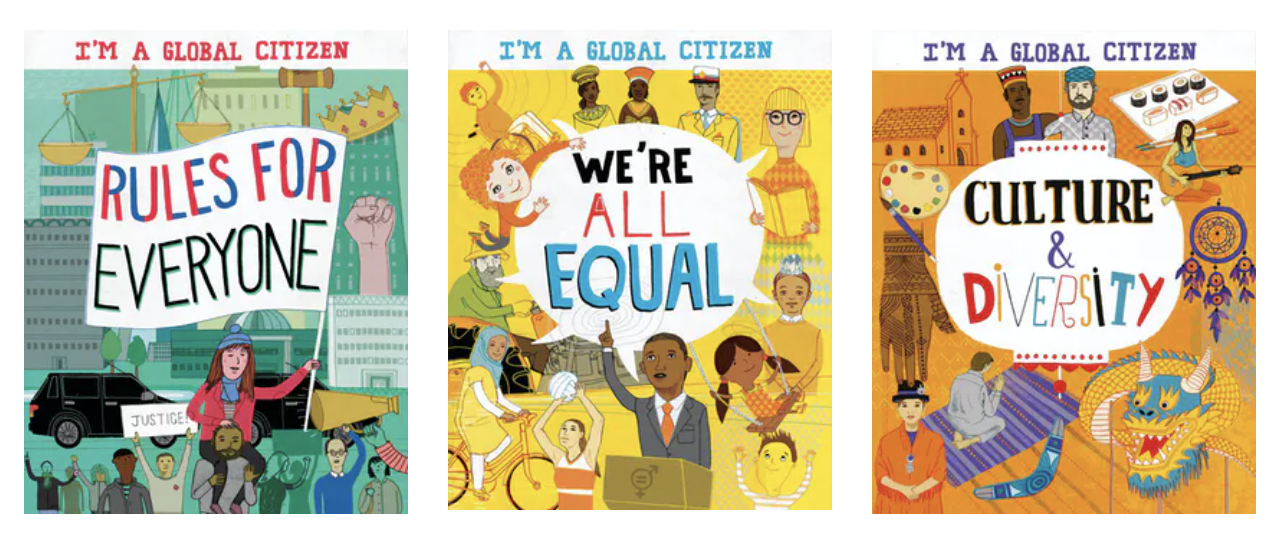 A: I am a Global Citizen Book Series by Georgia Amson Bradshaw (Primary)
A: I am a Global Citizen Book Series by Georgia Amson Bradshaw (Primary)
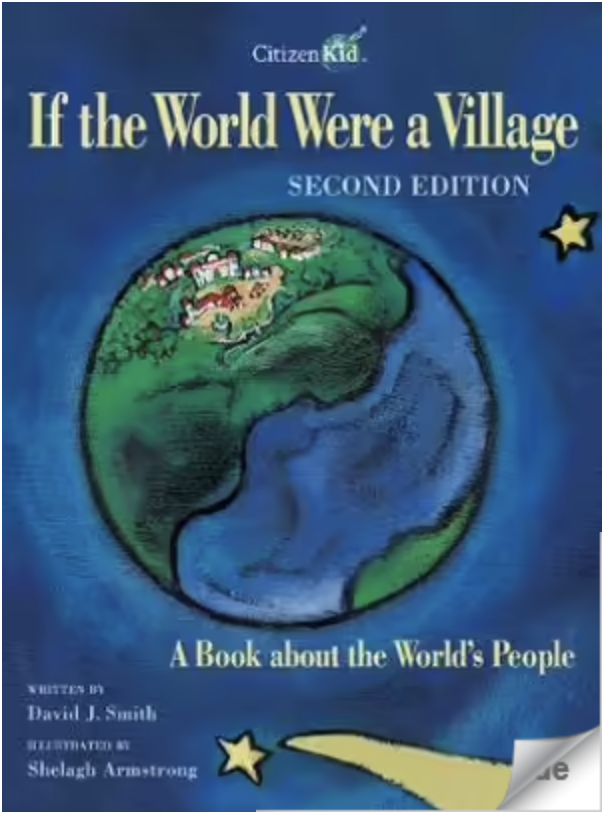 B: If the World Were a Village by David J. Smith (Lower Primary)
B: If the World Were a Village by David J. Smith (Lower Primary)
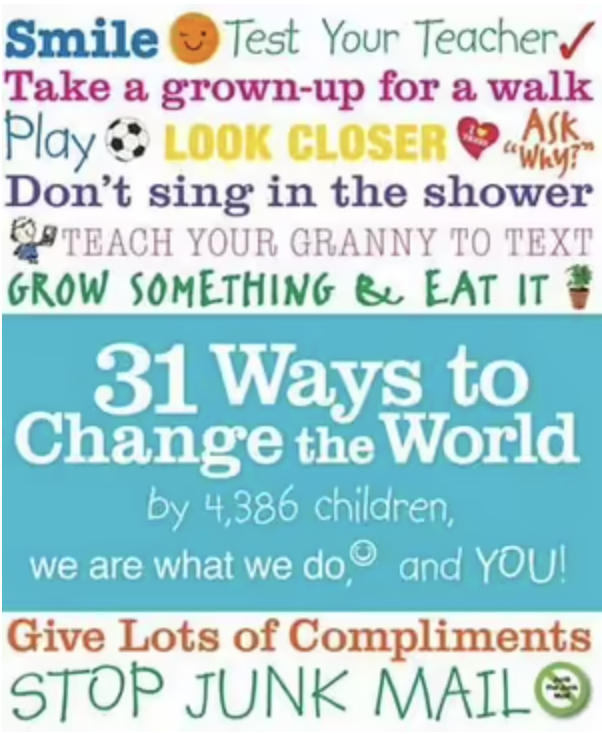
C: 31 Ways to Change the World by Tanis Taylor (Primary)

D: Our World Series (Upper Primary)
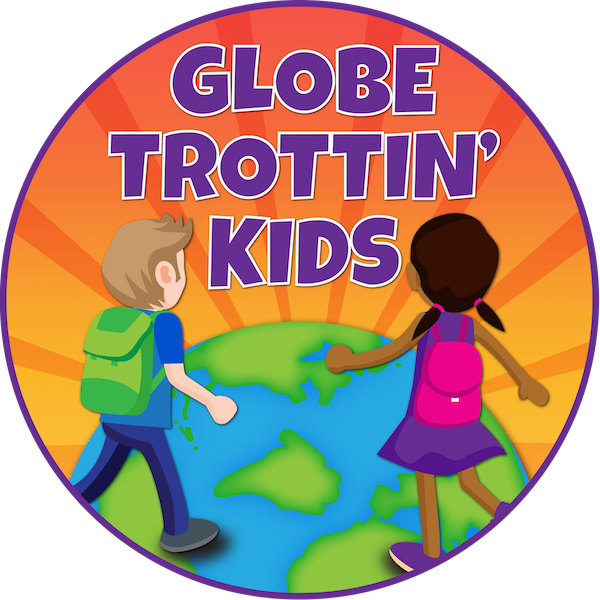
G: Globe Trotting Kids (Primary)
Teacher Resources
E: Plan – How to prepare your kids to become global citizens
F: 6 Ways of teaching Global Citizenship
Meg: What’s a final piece of advice you can give teachers and librarians wanting to support their students to become Global Citizens?
RG: Be an active researcher, ask questions, look for reputable resources (particularly primary sources), speak to experts and collaborate with teacher librarians to help source, locate and support the location of resources to support deeper research and inquiry.
6 October 2021 | Written by Raffaela Grasso



